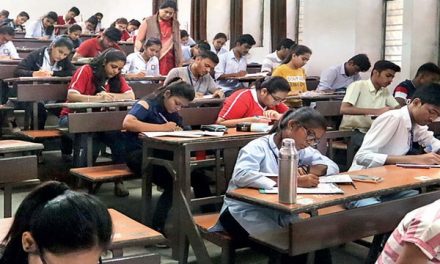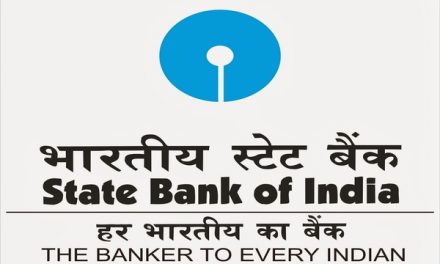To make India a favourable destination for expansion of voice-related Business Process Outsourcing (BPO), the Centre on Wednesday liberalised the guidelines for Other Service Providers (OSPs), removing the distinction between domestic and international OSP.
Informing media about the move, Union Minister for Electronics and Information Technology Ravi Shankar Prasad said the BPO centre with common telecom resource will now be able to serve customers located worldwide, including India.
Giving further details, Union IT and Minister for Communications Ravi Shankar Prasad said that the country’s BPO industry is at US$ 37.6 Billion at present and has the potential to rise to US$ 55.5 Billion by 2025.
”Distinction between domestic & international OSP (Other Service Providers) has been removed. A BPO centre with common telecom resource will now be able to serve customers located worldwide, including India. It’s a major reform that we’ve taken”, the minister said.
Secondly, the Electronic Private Automatic Branch Exchange (EPABX) of the OSP (Other Service Providers) can be located anywhere in the world. Also, remote agents of OSP (Other Service Providers) can now directly connect with the centralised EPABX (Electronic Private Automatic Branch Exchange) of the customer using any technology, including broadband, wireline, wireless etc, Prasad said.
The Union minister made it clear that the remote agents of OSP (Other Service Providers) can now directly connect with the centralised EPABX (Electronic Private Automatic Branch Exchange) of the customer using any technology, including broadband, wireline and wireless.
At present, India’s IT-BPM industry stands at USD 37.6 billion (2019-20), that is, Rs. 2.8 lakh crores approx. giving job opportunities to lakhs of youths in the country. Further, Prasad said it has a potential for double-digit growth reaching up to USD 55.5 billion, that is, Rs. 3.9 lakh crores by 2025.
“The BPM industry revenues grew from USD 37.6 billion in 2019-20 to USD 38.5 billion in 2020-21, despite the pandemic. This was largely possible due to the industry’s ability to work remotely and majorly enabled by the Government of India’s relaxations of WFH requirements under the OSP regime, first temporarily, in March 2020 and then complete reforms under the new guidelines in November 2020,” the Ministry said.












